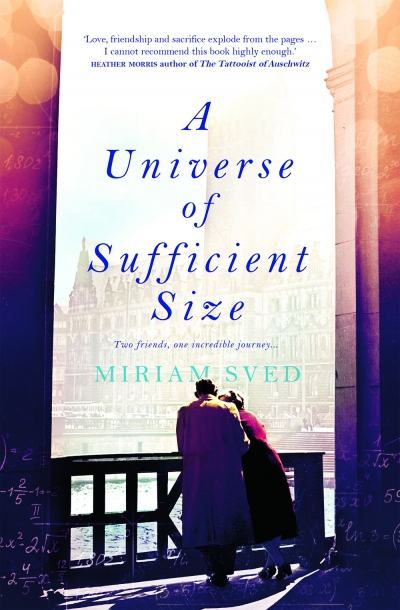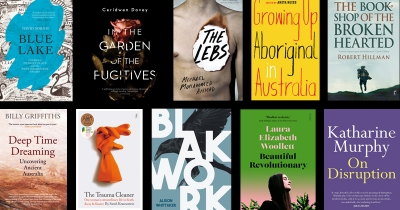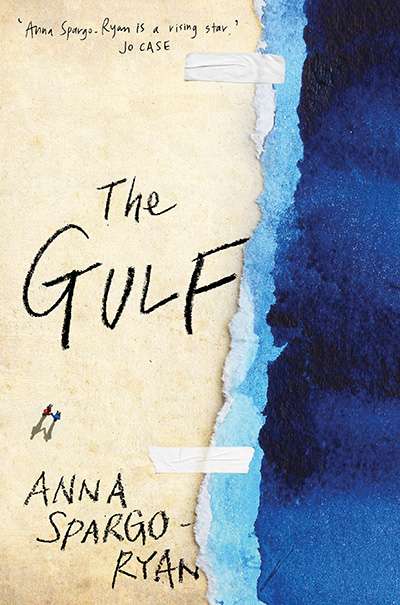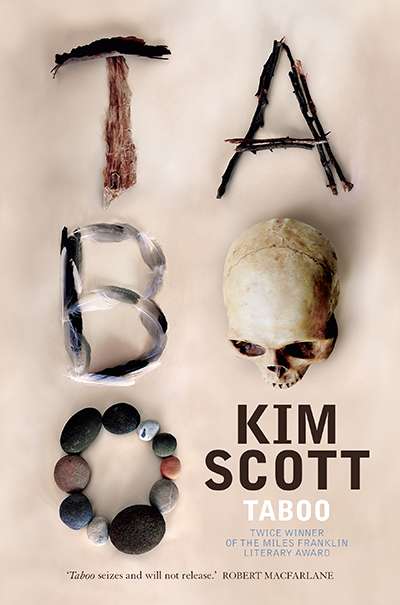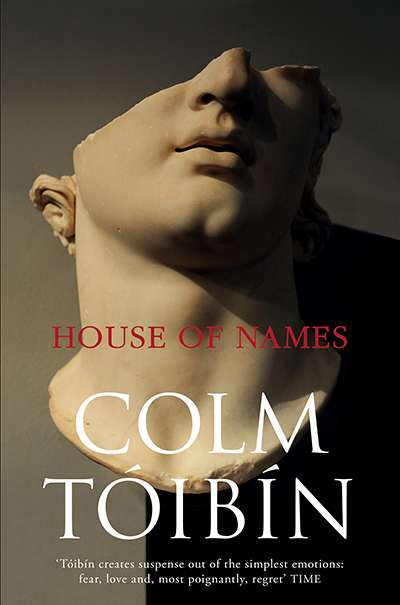Picador
To complement our ‘Books of the Year’ feature, which appeared in the December 2018 issue, we invited some senior publishers to nominate their favourite books of 2018 – all published by other companies.
... (read more)Mad, Bad, Dangerous to Know: The fathers of Wilde, Yeats and Joyce by Colm Tóibín
by Simon Caterson •
To complement our 2017 ‘Books of the Year’, we invited several senior publishers to nominate their favourite books – all published by other companies.
... (read more)
